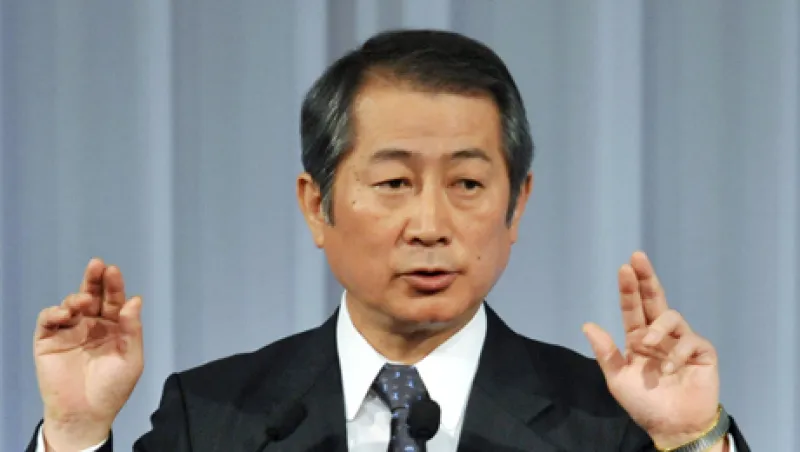
Former Nomura CEO and Zen Practitioner Has Lots to Contemplate
With his bid to make Nomura a global player going nowhere, Kenichi Watanabe was undone by an insider trading scandal.
Allen T Cheng
August 6, 2012


